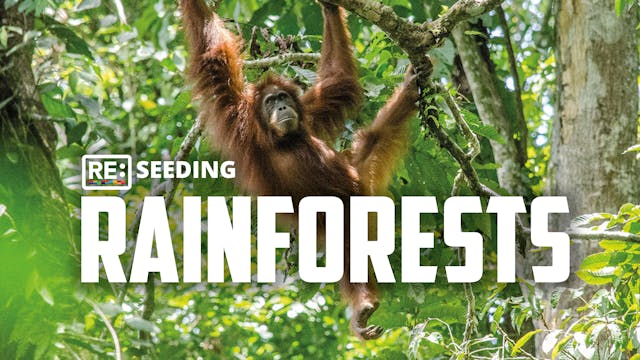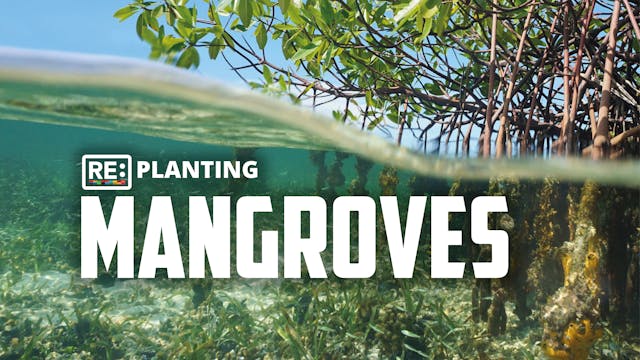Reactivating Chemicals
Series
•
5m 26s
New Iridium is the Carbon-negative chemical manufacturing inspired by photosynthesis.
The chemicals industry generates trillions of dollars of revenue globally, producing a wide range of products from packaging and paint to food and pharmaceuticals. However, many of the manufacturing processes involved in creating these products rely on high temperatures making the chemical manufacturing industry a significant contributor to greenhouse gas emissions.
New Iridium aims to reduce the sector’s impact on the environment by decarbonising the chemical industry. Using next-generation technology powered by light to upcycle CO2, they are able to manufacture lower-cost, carbon-negative versions of existing commodity chemicals - effectively consuming more CO2 than the process emits. Taking inspiration from the natural process of photosynthesis and powered by renewable electricity, New Iridium's technology could eliminate millions of tons of carbon emissions from chemical manufacturing.
New Iridium was selected as a finalist for the Biomimicry Institute's 2021 Ray of Hope Prize, which celebrates nature-inspired solutions addressing the world’s biggest environmental and sustainability challenges.
With thanks to:
Dr Chern-Hooi Lim, Brent Cutcliffe and Paige Riley.
Up Next in Series
-
Reintroducing Buffalo
Kainai knowledge-keeper Leroy Little Bear explains the importance of reintroducing buffalo in their traditional heartlands, where they hold a central place both in the local ecosystem and the culture of indigenous people.
The buffalo is a "keystone species": an eco-engineer which regenerates the...
-
Reseeding Rainforests
Brazil's Xingu Park is the oldest indigenous territory in Brazil. Its 2.6 million hectares provide a home to 16 different tribes. The Rede de Sementes do Xingu brings together over 500 indigenous seed-collectors to gather and disperse native seeds, preserving the Amazon's essential biodiversity w...
-
Replanting Mangroves
Mangroves are one of the most effective natural carbon sinks on earth, storing up to four times more carbon per hectare than rainforests. They are also rich in biodiversity and mitigate some of the most catastrophic local effects of climate change; particularly flooding and coastal erosion. Despi...



